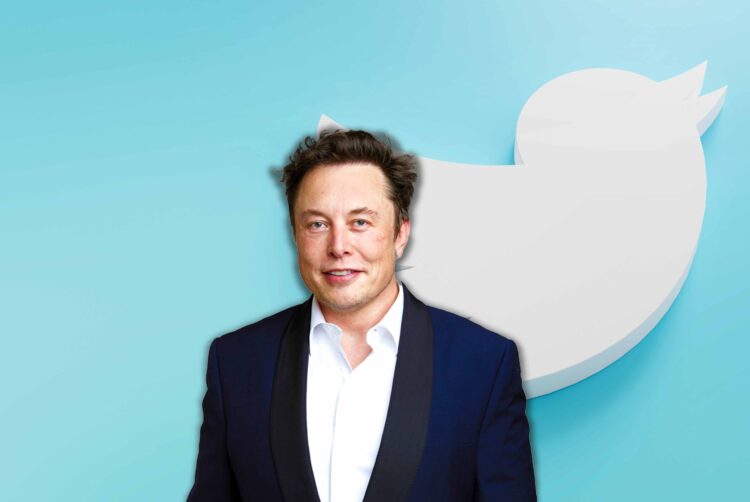Is taking Twitter private ‘the correct first step’?

After three weeks of back-and-forth business jockeying and media speculation, Elon Musk finally bought Twitter yesterday.
The reaction has been mixed, both from the public at large as well as within the ranks at Twitter, according to a report from The New York Times; Musk himself is a polarising figure.
But former Twitter CEO Jack Dorsey praised the world’s wealthiest man and appeared to lament taking the company public in the first place in a string of Tweets early this morning.
The idea and service is all that matters to me, and I will do whatever it takes to protect both. Twitter as a company has always been my sole issue and my biggest regret. It has been owned by Wall Street and the ad model. Taking it back from Wall Street is the correct first step.
— jack (@jack) April 26, 2022
“In principle, I don’t believe anyone should own or run Twitter,” he added in another tweet. “It wants to be a public good at a protocol level, not a company.
“Solving for the problem of it being a company however, Elon is the singular solution I trust. I trust his mission to extend the light of consciousness.”
Twitter is an ‘oddity’
Dorsey took Twitter public in 2013, and the company’s value has stayed practically flat in the near decade since its IPO as the company struggled to grow its userbase and monetise the platform as effectively as competitor social media giants like Facebook.
“Twitter is an oddity from a stock market respective. Bit small, bit too contentious, failed to really deliver a growth strategy,” TMT analyst and investor Alex DeGroote told The Media Leader.
“[Musk]’s also paying a meaty 40% premium to the recent price. And there are no other bidders!”
But there are opportunities in taking Twitter private, as DeGroote explains.
“Being a public company is quite expensive, and Musk has already talked down content moderation, so I imagine this is an angle for a private Twitter.
“It has a 15% Ebitda margin at present – presumably his advisers have told him this can be materially improved.”
Iain Jacob, former CEO of Publicis EMEA, agrees: “It will give [Twitter] the ability to move fast and decisively.
“[A] downside of public ownership is a resulting fragmented shareholder base that rarely aligns on what a transformative go to market strategy of a tech business looks like. Combine this with unpredictable retail investors and the risk is that management waste too much time managing shareholders.
“While in the USA the public market has been a common route for financing relatively early stage tech businesses, private equity can often be a better route when the right investors are involved. The costs of the IPO route are high and the constraints placed on the business can be choking. The private market remains buoyant and highly supportive of the tech and media space.”
In a statement following the agreement to purchase the company, Musk wrote: “I want to make Twitter better than ever by enhancing the product with new features, making the algorithms open source to increase trust, defeating the spam bots, and authenticating all humans.”
While Twitter is fascinating to journos, politicos, and media folks, DeGroote notes it is a small fry compared to Facebook, Instagram, and TikTok. Though its userbase is around 300 million active users, not all may be authentic, which Musk says he wants to tackle.
And, as Musk has signalled, an edit button is likely coming. Other tweaks, such as improved ad offerings or yields, could be added as well, says DeGroote.
Do you want an edit button?
— Elon Musk (@elonmusk) April 5, 2022
Musk’s purchase comes just after what may be the apex of free-flowing money into growth capital, with governments around the world, including the US Federal Reserve, mulling interest rate hikes to battle inflation.
“Covid-19 plus cheap money has been very good for tech and tech valuations,” says DeGroote.
“2020/21 saw valuations reach an all-time high, which will never be repeated. With inflation now well above expectations and major supply shocks like Ukraine War, interest rates will go up materially for at least 18 months. This will negatively impact demand for tech and growth investing [in the short-term].”




